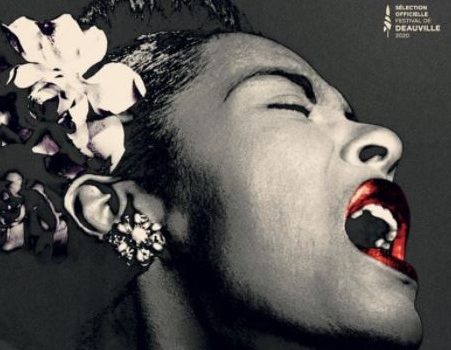The silver screen has given Billie Holiday the biopic treatment with the powerful 1972 Lady Sings the Blues. The five-time Oscar nominee (including Best Picture) featured Diana Ross (who herself earned a Best Actress nomination) portraying the blues-singing legend with Billy Dee Williams as Louis McKay (one of Holiday’s three husbands). But rarely has the icon been portrayed so raw and real as she is in the documentary Billie.
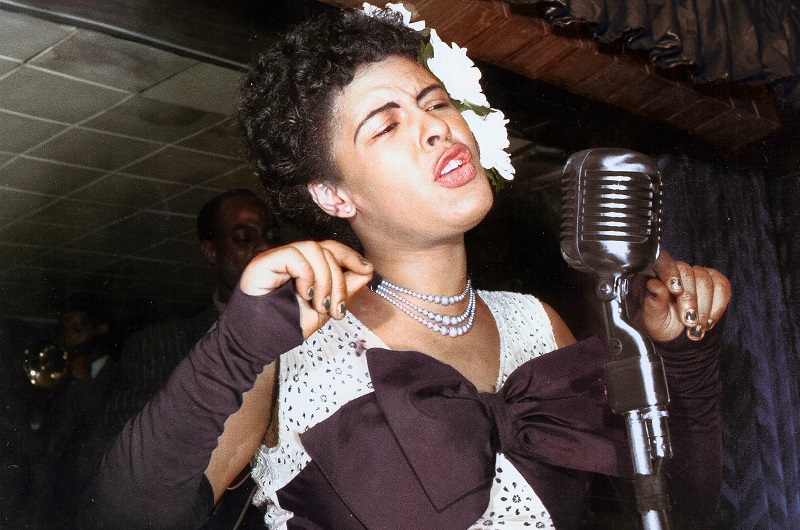
Director James Erskine delivers a chronicle of the late singer’s life that also contains a surprising secondary subject—which gives the film the most unique of landscapes. Billie is the quintessential musical biopic with one small alteration—it also serves as a look at the life of late 1960’s journalist Linda Lipnack Kuehl. The latter worked diligently on what she hoped would be the definitive biography of a singing sensation to top all-singing sensations.
Kuehl’s book never saw the light of day. But Erskine has taken those interview recordings and used them as the richest of frameworks for his doc. As such, the helmer managed to exponentially add the most informative of layers to the life of someone blindingly in the public eye, yet who few knew much about personally. Erskine’s film does just that.
Holiday was that songstress that came along once in a lifetime. She delivered a coolly, sensual sonic succulence that emerged from decades of pain and masochistic tendencies that would all add up to her tragic downfall at the tender age of forty-seven. The documentary explores a woman’s life from all possible corners and a myriad of angles that adds layers of emotive tethers between subject and viewer.
For someone so widely known, there were numerous nuggets of information that were not common language. Holiday was bisexual, for one, and was tailed by either the police or the FBI 24/7. Why? To catch her buying or using drugs—something she did quite often. There’s even a whole part of the film devoted to how much she loved getting high and belting out the blues.
Through Erskine’s film, many questions arise, and it is only the most gifted of documentarian that possesses the confidence to feel that they do not have to answer every single one. The Feds followed lots of folks that they deemed troubling to the nation at large. For example, there are FBI files on John Lennon and Dr. Martin Luther King.
Now, Holiday was no stranger to courting controversy. She famously sang the hit song Strange Fruit on national television and it served as her final encore when she performed live. The song never held back its punches as it detailed raging racism in the United States of America. That particular part of Billie is moving, inspiring, eye-opening, and yes, entertaining.
As the track documented how African-Americans have been treated over the centuries in the U.S., it was one of the first anthems to cross over to white audiences and serves as a priceless mode of detailing the black American experience. Holiday’s angelic voice is all over Billie, but it is towards the end of the film with a live television appearance where the helmer lets Billie be Billie. The power of the moment is indescribable and to hear every note and lyric is by far the most powerful scene of the entire documentary.
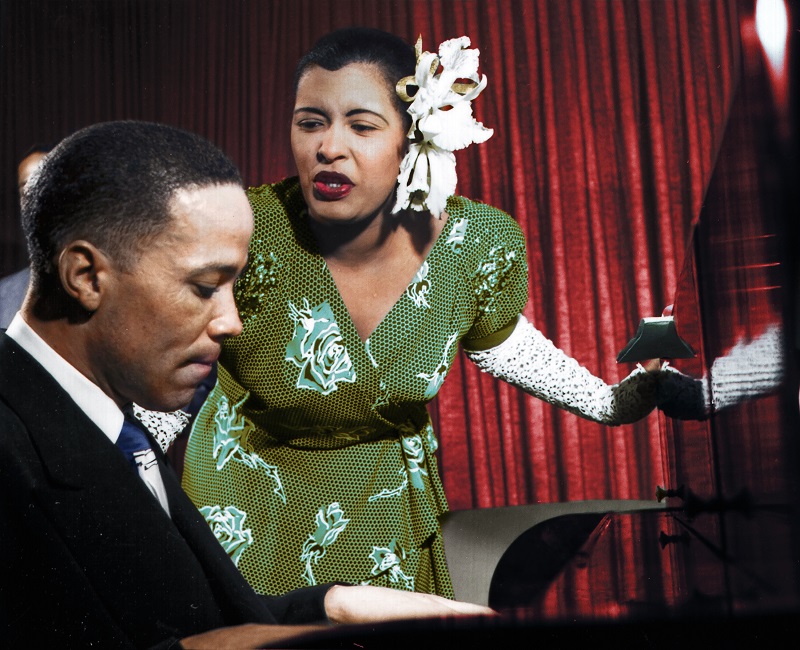
Another thing that Erskine sensationally achieves is firmly put a spotlight on an American legend, warts, and all—as they say. Her early life was beyond difficult, even having to descend into the seedy world of prostitution simply to provide food for herself and her family. There is also the fact that she enjoyed the company of both men and women and some of the males that shared her bed would shock. Among them, a jazz titan who was considered to be the most family of family men.
If some of Billie is hard to take for longtime fans, the helmer does something extraordinary. For practically the entire film, her songs (i.e. her voice) run piercingly throughout, reinforcing the uniqueness of her vocal qualities as well as serving as a reminder that it is possible to separate the art from the artist.
There were the drug arrests. It seems that those in law enforcement “lived” for arresting Holiday and using her as an example that pushes an agenda that whites will always live above blacks on the American hierarchy.
History has exponentially secured Holiday a legion of fans that only seems to grow by leaps and bounds each year. Billie will do nothing but expedite that.
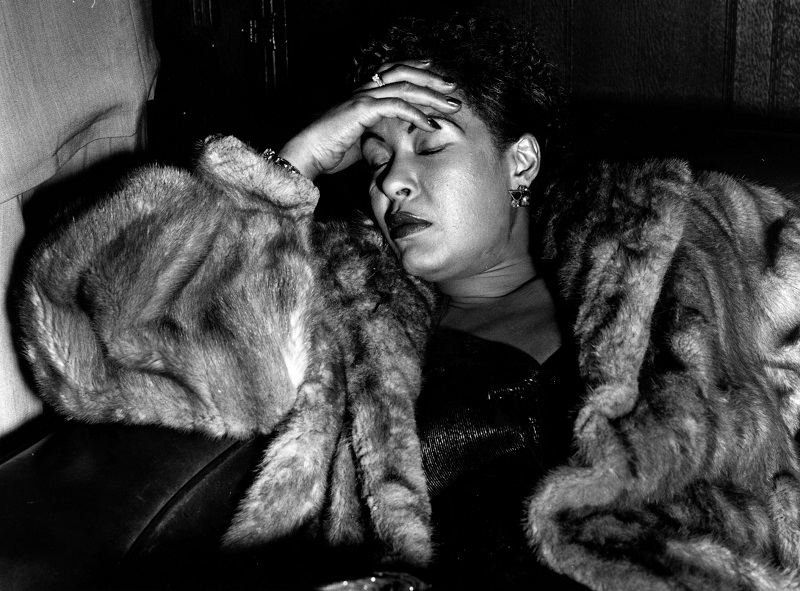
Meanwhile, there was this biography that Kuehl was crafting. The journalist scored interviews and quotes with icons such as Benny Goodman, Tony Bennett, Count Basie, and Charles Mingus. For jazz fans, this is essentially cinematic manna. Then, she broke rule number one in journalism—don’t become part of the story. The author started an affair with Basie that seemed to derail the Billie Holiday biography that was started under the premise of serving as the seminal look at a life that ended too short when she perished at the tender age of forty-four.
The strangeness of how the book never saw the light of day is complicated (and partially explained) when Erskine reveals that the author died from falling out of her Manhattan apartment building. There is a whole lot of mystery surrounding her demise and it only adds layers of intrigue to Billie.
Beyond the famous, Erskine had some impressive interviews with Holiday’s cousin and other family members, friends of hers from school, lawyers who worked her legal troubles, FBI agents who arrested the chanteuse, her previous lovers (both men and women) and even her pimps. The filmmaker does an extraordinary job of piecing all these elements together, but a huge heap of praise must be directed at Kuehl. One gets the sense that Holiday and the author would have gotten along like gangbusters.
Erskine had access to over 200 hours of never-before-heard interviews. He uses them wisely, enlighteningly, and entertainingly. One also gets a sense of the deep intricacy of the singer that has never before been captured.
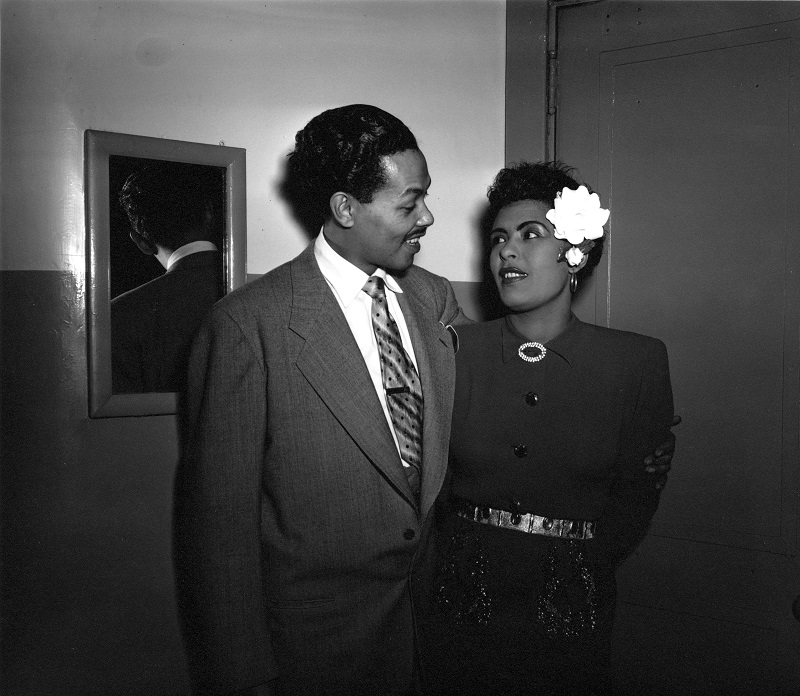
People, to this day, adore to hear her sing. The fact that her vocal vibrancy permeates every frame of the film, it will leave you wanting more… and that is an exceptionally good thing.
Something tells me that a whole lot of Holiday will be playing at homes over the holidays.
Grade: A
Billie will be available in theaters (that are open) as well as On-Demand services such as Google Play, YouTube, and Apple Music.

